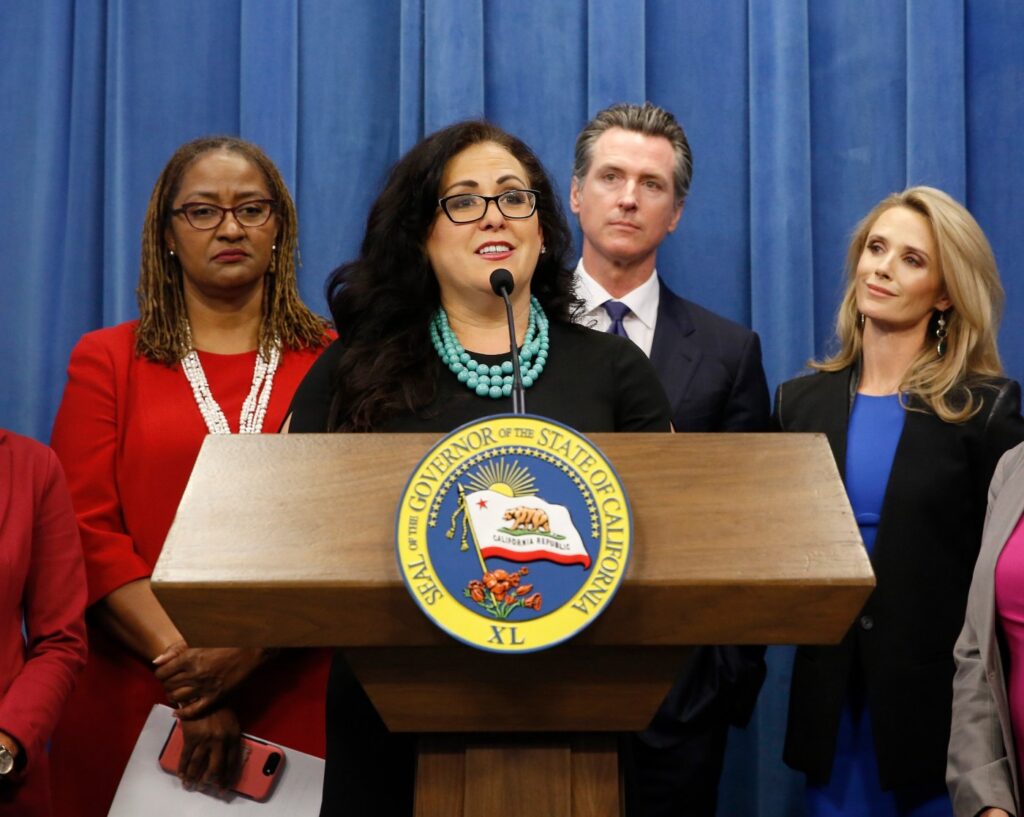
California’s Assembly Bill 218, which extends the statute of limitations for childhood sexual abuse claims, is raising significant concerns among public officials and organizations regarding its potential financial repercussions. Introduced by Assemblymember Lorena Gonzalez-Fletcher, the bill aims to hold school districts and other public entities accountable for historical acts of abuse. Critics argue that this legislation could exacerbate already strained budgets for California’s school districts, counties, and cities.
The financial pressure on public agencies is palpable. Many organizations are still recovering from previous claims and battles in court. Assembly Bill 218 builds upon a prior piece of legislation, Assembly Bill 3120, which attempted to extend similar protections but was ultimately vetoed by then-Governor Jerry Brown in 2018. His veto was based on concerns regarding fairness and the preservation of evidence over time. In his veto statement, Brown noted that “there comes a time when an individual or organization should be secure in the reasonable expectation that past acts are indeed in the past and not subject to further lawsuits.”
Gonzalez-Fletcher’s revised version of the bill gained traction in 2019, despite warnings from several lawmakers, including John Moorlach, who argued that extending the statute of limitations could lead to financial devastation for already struggling districts. Moorlach, who served as a state senator at the time, expressed his concerns on the Senate floor, stating that such legislation could make obtaining insurance “next to impossible.”
Despite these warnings, Governor Gavin Newsom signed the bill into law, further complicating the financial landscape for public agencies. Critics argue that this decision may lead to increased liability and insurance costs, which will ultimately burden taxpayers. Newsom’s administration has faced scrutiny for its handling of the state’s budget, with California’s fiscal ranking slipping during his tenure.
In response to the new legislation, the Los Angeles Unified School District announced plans to issue $500 million in bonds to cover the anticipated costs of lawsuit settlements. Similarly, the County of Los Angeles is set to issue $4 billion in bonds for the same purpose, reflecting the widespread financial strain felt across the state.
As public agencies brace for an influx of claims, the long-term financial implications remain uncertain. School districts and municipalities are left to navigate a complex legal landscape while facing the reality of increased litigation costs. With many organizations already in precarious positions, the future of California’s public services could be at risk.
The legacy of Gonzalez-Fletcher’s push for AB 218 and Newsom’s support may parallel other historical financial missteps in California’s governance. The outcome of this legislative change could reverberate across the state, affecting not only public employee unions but also the broader community reliant on these essential services.
The potential fallout from Assembly Bill 218 underscores the delicate balance between ensuring justice for victims and maintaining fiscal responsibility in public governance. As municipalities begin to grapple with new claims, stakeholders will be closely monitoring the effects of this legislation on California’s economic landscape.







